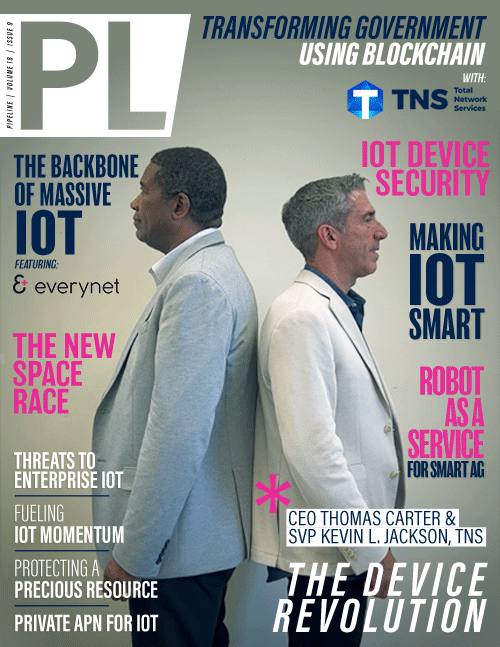Technology Industry News
AI and analytics news
In AI news, Mohamed bin Zayed University of Artificial Intelligence, a research university dedicated to artificial intelligence, has announced plans for a strategic collaboration with IBM. The memorandum of understanding focuses on advancing fundamental AI research, as well as accelerating the types of scientific breakthroughs that could unlock the potential of AI to help solve some of humanity's greatest challenges.
In another partnership elsewhere in the world, the Leibniz Supercomputing Centre, Cerebras Systems, and HPE announced the joint development and delivery of a new system featuring next-generation AI technologies to significantly accelerate scientific research and innovation in AI for Bavaria.
Cenebras announced that it has been selected by multiple supercomputing partners—including European Parallel Computing Center, Leibniz Supercomputing Centre, Lawrence Livermore National Laboratory, Argonne National Laboratory, the National Center for Supercomputing Applications, and the Pittsburgh Supercomputing Center—for AI acceleration.
In other supercomputing news, Atos has been chosen to provide the pre-exascale system to be hosted by the Barcelona Supercomputing Center, in Spain, as part of the EuroHPC JU. MareNostrum5 will rank amongst the world’s top supercomputers and will pave the way toward exascale capabilities: the next supercomputing era. Quantum Computing unveiled QAmplify, a suite of quantum software technologies that expands the processing power of any current quantum computer by as much as 20x.
Globally, organizations across industries are using big data to improve operations, manage supply chains, and enhance customer service experiences so that they can gain competitive advantage and boost profits. Spatial analysis of big data provides critical intelligence about where, when, and why things happen. To ensure that these insights are accessible in the decision-making process, Esri has released ArcGIS GeoAnalytics Engine. In related news, Striim announced an agreement with Microsoft to meet increasing customer demand for real-time analytics and operations.
Security news
Radware released its 2022 State of API Security report. The survey, which was conducted with Enterprise Management Associates, revealed overconfidence among organizations when it comes to API protection, leaving enterprises exposed to cyberattack threats.
Security news also included new launches. RealNetworks announced a pilot program with Vodafone Germany to launch a new AI-based anti-spam service called Vodafone CallProtect to warn of potential fraudulent, scam, or spam-type calls. Fortinet has launched FortiRecon, which uses a powerful combination of machine learning, automation capabilities, and FortiGuard Labs cybersecurity experts to manage a company’s risk posture and advise meaningful action to protect brand reputation, enterprise assets, and data.
A wide range of industries are increasingly reliant on satellite-delivered timing, but with threats including jamming and spoofing cyberattacks on the rise, operators need to find ways to safeguard services that rely on positioning, navigation, and timing information. ADVA is enabling service provider customers to offer GPS/GNSS-backup-as-a-service (GBaaS) to address these vulnerabilities.
Thales announced its CipherTrust Tokenization, the first SAP-certified tokenization solution available to SAP customers that can be used to secure sensitive data.
--------------------
To read more telecom industry news stories, be sure to visit Pipeline’s News Center and subscribe to Pipeline’s weekly and monthly newsletters. You can also follow Pipeline on LinkedIn, Twitter, or Facebook to get telecom industry news alerts in real-time. To have your company featured in this column, send your breaking news and press releases to pressreleases@pipelinepub.com for consideration.


















